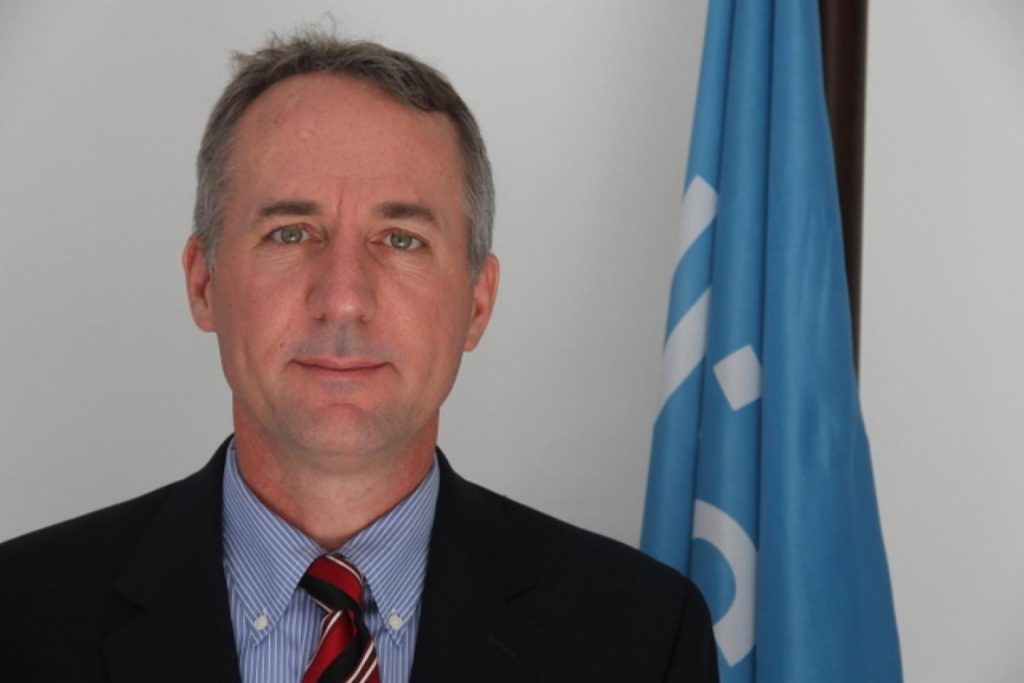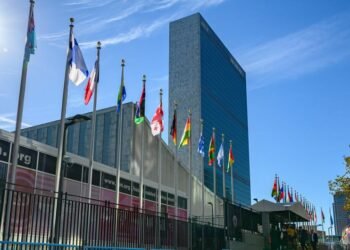UNICEF has warned that millions of children are facing a “catastrophic education emergency” as coronavirus lockdowns have closed schools worldwide and called on governments to prioritise the reopening of schools as soon as possible, “within coronavirus-prevention sanitary guidelines.”
The UN’s main organization for children said schools for more than 168 million children in 14 countries had been completely shut for almost an entire year because of the pandemic and unveiled a ‘Pandemic Classroom,’ a model classroom made up of 168 empty desks, each representing a million children worldwide, whose schools have been entirely closed for almost a year.
The organization said the move is to draw attention to the “profound impact” of keeping students out of school. It also warned that 214 million children globally — or 1 in 7 — had missed more than three-quarters of their in-person learning since March 2020.
In addressing the issue, UNICEF Executive Director, Henrietta Fore averred that, “As we approach the one-year mark of the COVID-19 pandemic, we are again reminded of the catastrophic education emergency worldwide lockdowns have created.
“With every day that goes by, children unable to access in-person schooling fall further and further behind, with the most marginalized paying the heaviest price. No effort should be spared to keep schools open, or prioritize them in reopening plans.”
Henrietta Fore

UNICEF also cited the latest data from UNESCO, which revealed that more than 888 million children worldwide continue to face disruptions to their education due to full and partial school closures.
The organization said the most vulnerable children and those unable to access remote learning are at an increased risk of abandoning their education, and even being forced into child marriage or child labour.
Robert Jenkins, the Global Chief of Education for UNICEF therefore echoed the organizations call “for all governments to open schools now.”
“What we’ve learned from such prolonged school closures has a profound impact particularly on vulnerable and marginalized children… We have seen from previous pandemics like the Ebola crisis in West Africa, prolonged school closures increased significantly; for example, a significant increase in the percentage of teenage pregnancies and incidents of sexual-based violence.
“So we’re calling schools to be the first to open during the reopening process, to take all actions to do so safely, to also provide comprehensive support as children re-enter schools.”
Robert Jenkins

UN data showed two-thirds of the worst-affected countries were in Latin America and the Caribbean, affecting nearly 98 million schoolchildren. Panama has kept schools closed for the most days, shutting out pupils for a total of 211 days, followed by El Salvador, Bangladesh, Bolivia, and Brazil.
The issue has also been matter of concern in Europe as well, with many students missing essential contact time with their teachers.
Earlier this week, UK-based charity, Save the Children, described the pandemic and subsequent lockdowns as “the biggest education emergency in history.”
James Cox, Head of Education Policy at Save the Children, told reporters that the impacts of school closures “will be felt for a long time to come.”
Read Also: Risk of global food shortages due to Covid-19 has increased- UN





















